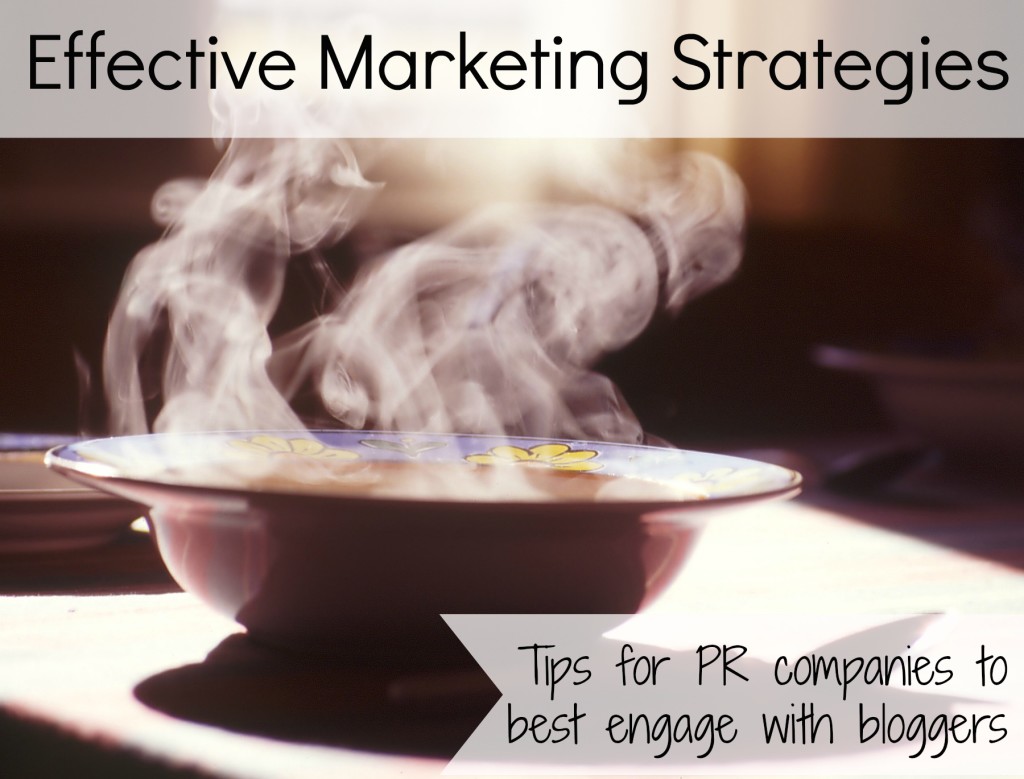As a health blogger, I receive a lot of food products from companies that wish to promote their products. Over the past year, different food companies have generously given me pomegranate juice, chocolate, applesauce, gum, peanut butter, tea, iced tea, soup, and more chocolate (the last three have yet to be reviewed).
The reason why all of these generous food companies send me their products is, of course, so that I will write about their products and thus help with promotion. Many foodie and nutrition bloggers receive all kinds of goodies from an array of different “healthy” food companies. I am in no way complaining; I am only too happy to get these products and review them. These companies are well aware that if, as a consumer, I dislike their product, I will be stating my disapproval in my review. It is also my philosophy to always clearly state when I receive a product to review so that my readers are aware that the company has sent me the product.
In this type of situation, there are only two assumptions being made in the company/blogger relationship:
1) They send me a product, free of charge.
2) I write whatever I want about their product.
But there are clever ways that these companies can improve their chances of getting a good review: the marketing strategies they use can make a big difference.
Some companies send you a small sample of their product, just enough for a taste, with little extra information about their company. Others have amazing standards of public relations. Take, for example, the soup that I received just a couple of days ago. The company had contacted me via email to tell me about their product and asked if I’d be interested. I said that I was very much interested, and in less than a week, a gigantic box arrived for me in the mail. It included not only nine of their 18-oz cartons of soups (of a wide variety of flavors), but they also included a place mat, a large dinner plate, and a napkin in a napkin holder. Several information sheets regarding their products were also included.
I have not even tasted their soups, but I am already incredibly impressed with their marketing strategies. The speediness of delivery, the friendliness of the PR people, the sheer amount of products to taste-test, and the thought that went in to the details (with sending the place mat/plate/napkin) are all admirable.
Studies have shown that when we read a restaurant menu that uses high-end phrasing (“caviar” instead of “fish eggs,” “Succulent Italian seafood filet” instead of “fish stick”), we are more likely to respond favorably to the food that we’re eating, regardless of if it actually tastes any better.* There’s no doubt in my mind that marketing with food products works very similarly. If one carton of soup had been sent to me a month after the company had contacted me, I’m sure that my expectations would not be as high and I would perhaps not think as highly of the product to begin with, before I’ve even tasted it.
FitNutz powdered peanut butter was a company that I approached, offering to review their peanut butter for them if they sent me their product. More often, it is the company that approaches me; this was a rare circumstance. But I was delighted with the enthusiasm that FitNutz responded with. Not only did they send me a sizeable amount of peanut butter, but they also agreed to let me host a giveaway, and after they had sent the winner the peanut butter, the company sent me more peanut butter, just because. It was completely unexpected and not something that I will forget.
The pomegranate juice company POM has a PR system and marketing strategies that most food companies can’t even compare to. Their rhetorical strategies are as effective as it gets: not only are their PR reps friendly, but they also give an abundant supply of juice (and iced tea!) when they send it. They have also invited me and 14 other health bloggers to their orchards next week to learn more about the company. Recruiting 15 health bloggers from across North America to pick pomegranates and view the POM plant in an all-expenses-paid trip is marketing genius.
The marketing strategies that food companies use are highly rhetorical and can have a positive or negative impact on how well their products are received, depending on how they approach consumers with their products. Regardless of who sends the product or how they send it, I will always be honest in my review of it and if I dislike it, I will not hesitate to say so. But the companies definitely get points for thoughtfulness and for making the extra effort to get to know the people reviewing their products. Those are the kinds of rhetorical strategies that can be adopted for everyday communications.
*To read more about this study and many others, check out Brian Wansink’s book Mindless Eating: Why We Eat More Than We Think.
